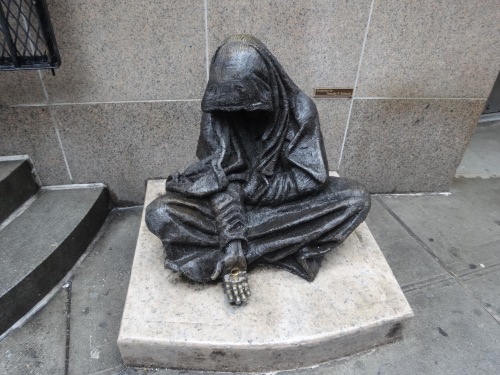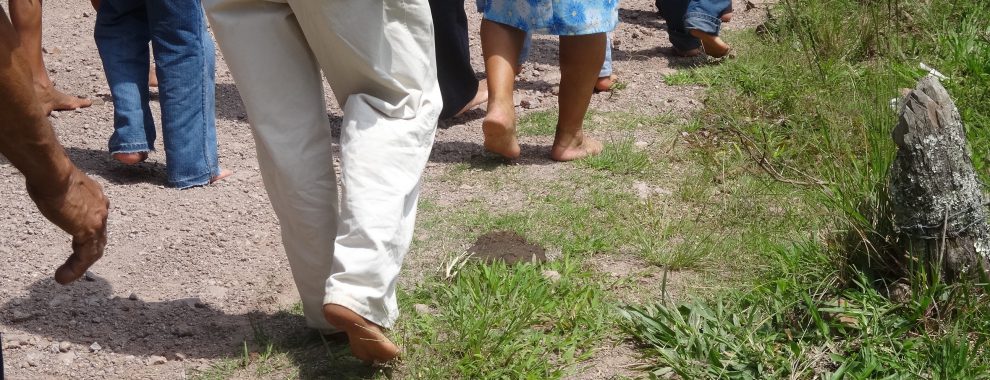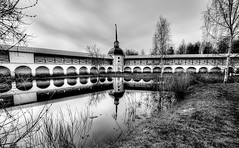It is necessary for us to undergo many hardships
to enter the kingdom of God.
Acts 14:22
I have lived a privileged life – loving and supportive parents, good education, steady work. I even live a privileged life here in Honduras – a nice house, fairly regular water and electricity, wifi, a fairly reliable pick up truck, monthly Social Security support.
So I feel rather uncomfortable reading the words of Paul and Barnabas about undergoing hardships to enter the kingdom of God.
I know others who undergo hardships. There’s the communion minister in the parish who will walk two or three hours to bring communion to a community. There’s the couple who cared for their bed-ridden father for years. There are those who go out to work in the fields for long hours under the burning sun of summer and the cold rains of winter. There are the women who get up early to prepare the tortillas for the family. There are the Dubuque Franciscan sisters I know who have lived amidst poverty and war in Chile and El Salvador and now in Honduras, showing God’s love with the poor.
But what about me?
Perhaps the hardship I most need to undergo is what Jesus calls his disciples to do in today’s Gospel: “Love one another as I have loved you.”
Love is not easy. I’d rather stay in my house and read. But the call to be with the people, to let God’s love work through me helps me resist that temptation.
But what I find is that the moments of my life here that give me the most joy are the moments when I am with the people – helping train the catechists, visiting a sick or disconsolate person, talking with a bunch of kids who passed by the house, or just hanging out.
Today’s passage from the Book of Revelation contained one of the phrases of scripture that most consoles and challenges me. The author, citing Isaiah, describes the New Jerusalem, the holy city where God dwells. I do not see this as only Heaven; I believe God is building His City among us and calls us to see His work and share in it.
He will wipe every tear from their eyes… (Revelation 21: 4)
When we wipe the tear-stained faces of others, when we are present with them in their pain and tribulations, God can become present. No, God is present.
In those moments “it’s the end of the world as we know it.” It’s a time when God’s love breaks through.













